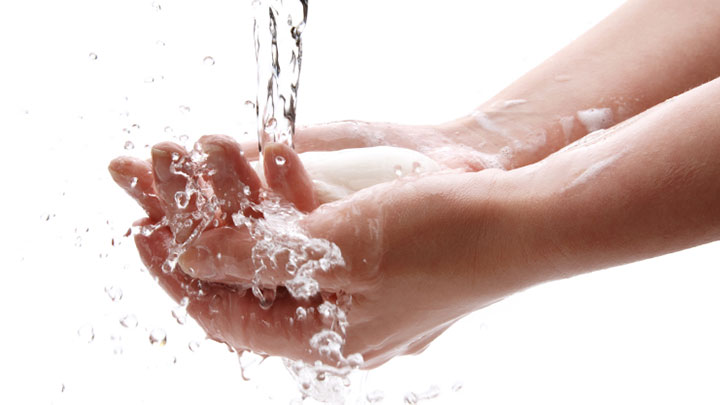

Let’s continue to protect our patients, colleagues, and communities through our shared commitment to safe care. Clean hands save lives, and together, we can make a lasting difference.
ON THIS PAGE:
Clean Your Hands Day | Global Handwashing Day | National Infection Control Week
May 5 is Clean Your Hands Day. We’ve refreshed our hand hygiene branding to help bring even more visibility to this vital safety practice. Check out the updated materials and share them with your teams.
October 15 is Global Handwashing Day, a global advocacy day dedicated to increasing awareness and understanding about the importance of handwashing with soap and water as an effective and affordable way to prevent disease and save lives.
Global Handwashing Day is an opportunity to design, test and replicate creative ways to encourage people to clean their hands using soap and water (or alcohol-based hand rub).
October 20 to 25 is National Infection Control Week, a time for infection control professionals to educate staff and the community about the importance of infection prevention and to promote the important work that has and continues to be done by infection control professionals in a visible and fun way.